SUMMARY
This is AI generated summarization, which may have errors. For context, always refer to the full article.
![[OPINION] A Catholic’s opinion on gay civil unions](https://www.rappler.com/tachyon/2020/10/pope-statement-october-23-2020.jpg)
On Wednesday night, October 21, I was reading the landmark case of Falcis III vs. Civil Registrar General (G.R. 217910, Sept. 3, 2019) regarding the petitioners’ plea for the Supreme Court to review the constitutionality of some of the provisions of the Family Code, which specify that marriage in the Philippines “is a special contract of permanent union between a man and a woman entered into in accordance with law for the establishment of conjugal and family life.”
On the same night, as I was taking a break from my readings, news from Reuters popped up on my notifications. Pope Francis apparently made a statement “that homosexuals should be protected by civil union laws, in some of the clearest language he has used on the rights of gays.”
I contemplated on the matter, striving to synthesize my faint knowledge of the law and my modest background in theology and philosophy.
As my colleagues both in law school and in my Philosophy years would argue, these paradigm shifts are bound to happen in any civil society, owing to the fact that the public sphere is composed of multiple world views, where the Catholic faith is only one among the many. This is perhaps the reason why our Holy Father is taking a closer look at civil same-sex unions (take note that this is civil, not ecclesiastical).
When the ordinary meaning of the words is subject to multiple interpretations, we can delve into the anima, the spirit or intent of the statement. What is the Holy Father trying to point out in this “controversial” statement?
In my view, what the statement is driving at is compassion and recognition, conforming to the basic social teaching on human dignity. Whereas a particular sector of our society is brushed off and reduced to perverse and foolish persons, here is a man who reminds every person to preclude hasty judgements and to open wide the doors for possibilities of reform. The specific ill that the Pope’s statement attempts to cure is the failure to recognize the voiceless and faceless in our communities — those in the peripheries whose dignity is despoiled.
I see nothing wrong in the teaching that every human person is a child of God, and that they must not be deprived of the right — no matter how much they fall short of perfection — to belong to the one and universal family of God. Many of our more cautious or traditionalist brethren, however, may be alarmed by this “divisive” statement, as it is duplicitous in terms of our Church’s teaching on marriage — a social institution exclusively for a man and a woman. In his usual dialogical stance, our Holy Father is probably conscious of the fact that the cultural standpoints of civil society are not always in consonance with the ecclesiastical view.
This may be mirrored in the marvelous decision penned by Supreme Court Associate Justice Marvic Leonen, when he undertook a holistic approach in analyzing the plight of the LGBTQ+ community – manifesting in the historical transitions that led to changes in family and social life. Justice Leonen, in the Falcis case, averred that “the economic transition that came with the spread of industrialization resulted in massive, geographical, and familial changes.” He added: “This reorganization of work in the industrial economy ‘disrupted the gender order of many families by pulling women into the paid labor force and spawning new visions of gender equality.’ As a consequence, marriage based on free choice, romantic love, and companionship developed.”
The question now is: what should we look for in a leader of over 1.2 billion Catholics worldwide? Should we call on the Vicar of Christ to be more firm in upholding, preserving, and bequeathing every tenet of the faith? Or should we be delighted and inspired that our Supreme Overseer exudes courage, steering the bark across choppy waters?
On one hand, the foundations of the Mother Church, which has weathered countless upheavals in history, has always upheld that the truth is the conformity of the mind with reality, and not simply a fabrication. On the other hand, the Church has consistently taught that charity or love is the highest of all theological virtues — that at the end of this life, the sole Judge who looks into the recesses of each heart shall ask only one question: did you love Me with all your heart, with all your soul, and with all your strength, and did you love your neighbor as yourself?
As the bark of St Peter, steered by the Roman Pontiff, traverses along a tumultuous sea of secular world views, it is a challenge for faithful intellectuals to embark on a more holistic approach, always bearing the values of truth and love in the quest for a good and meaningful life. – Rappler.com
John Alfred F. Rabena is a first year Juris Doctor student at the University of Northern Philippines, Vigan City. He graduated summa cum laude and was valedictorian of the Faculty of Philosophy at the University of Santo Tomas, Manila.
Add a comment
How does this make you feel?
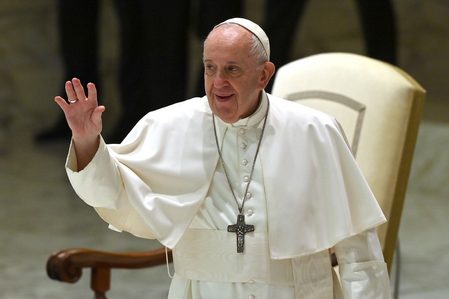
![[OPINION] Stop getting owned by Apollo Quiboloy](https://www.rappler.com/tachyon/2024/04/tl-stop-getting-owned-by-quiboloy.jpg?resize=257%2C257&crop=271px%2C0px%2C719px%2C720px)
![[OPINION] On divorce and Filipino values](https://www.rappler.com/tachyon/2024/04/divorce-filipino-values-april-24-2024.jpg?resize=257%2C257&crop_strategy=attention)
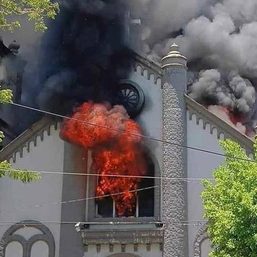
![[Judgment Call] Is Rappler an ‘enabler’ of Catholic ‘copycats’?](https://www.rappler.com/tachyon/2024/04/catholics-copycats-april-18-2024.jpg?resize=257%2C257&crop=418px%2C0px%2C1080px%2C1080px)



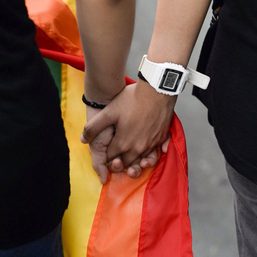

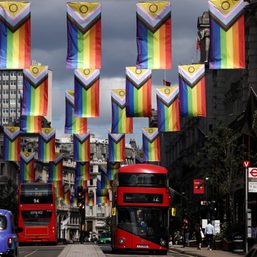
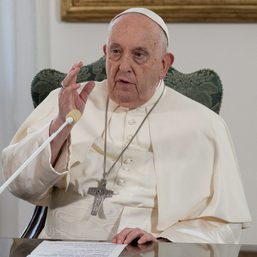
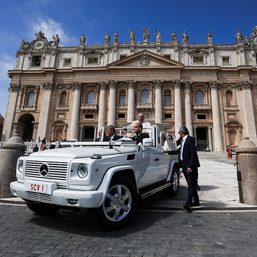
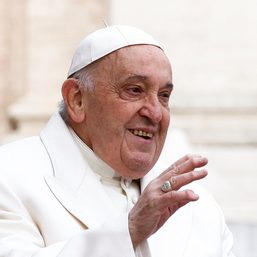


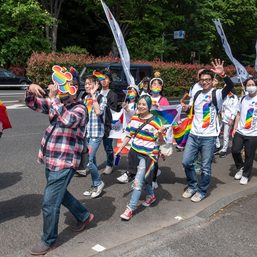
![[OPINION] Blessing same-sex couples: What it means for LGBTQIA+ Catholics](https://www.rappler.com/tachyon/2024/01/blessings-for-same-sex-couples.jpg?resize=257%2C257&crop=410px%2C2px%2C1080px%2C1078px)
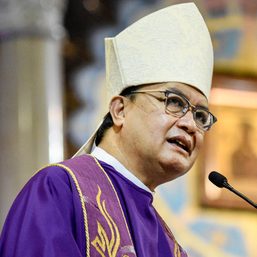

There are no comments yet. Add your comment to start the conversation.